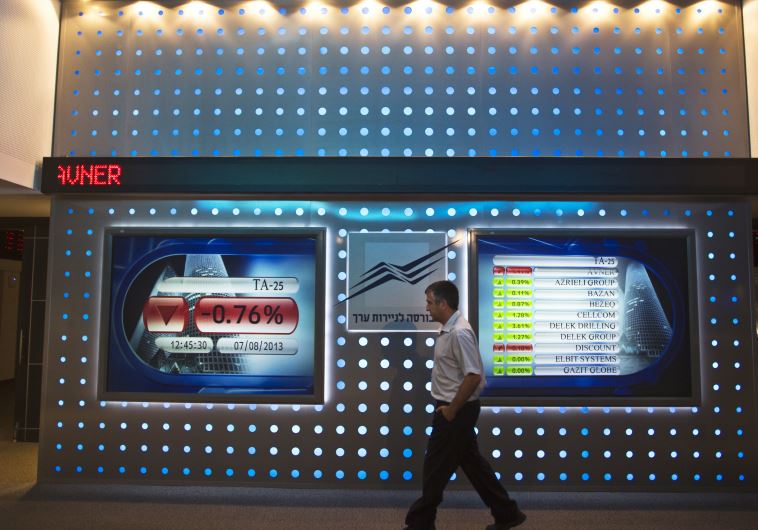Analysis: No, the terror wave isn't responsible for stocks crashing
Why, after nearly two weeks of rising tension, would this particular Tuesday be the day traders figured out there was something amiss?
 An employee walks past a screen displaying market data at the Tel Aviv Stock Exchange
An employee walks past a screen displaying market data at the Tel Aviv Stock Exchange